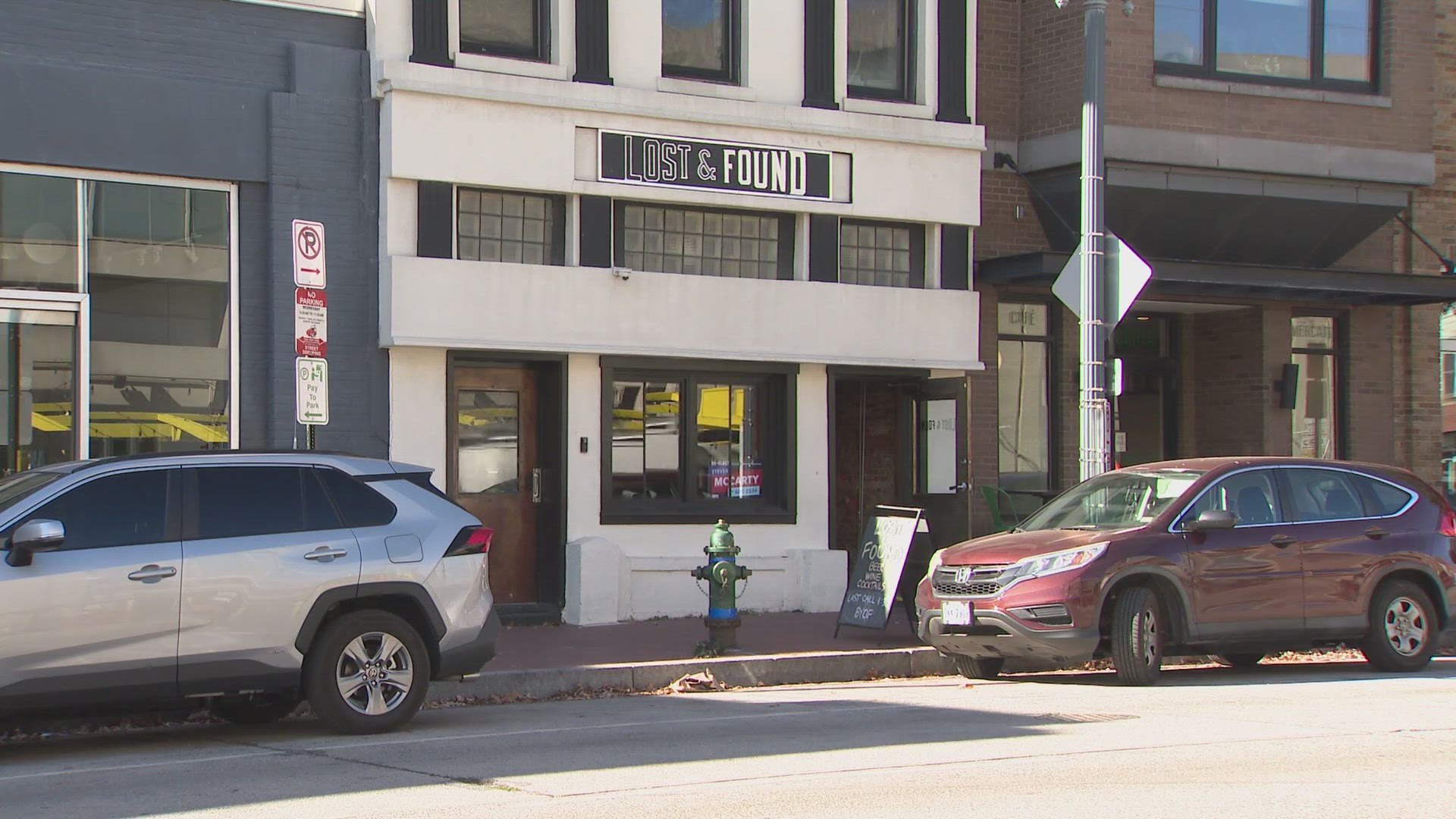WASHINGTON, D.C., USA — As a bartender, you’re often punching out when most are fast asleep.
“I would say between the hours of 3 A.M. and 4 A.M.” said Jazmin Gailey, a bartender at Lost and Found in Northwest DC for over six years.
She says she was thrilled when she found out about WMATA’s After-Hours Commuter Service Program that launched in 2019.
“When this program initially started, it was like a lifeline," said Gailey.
The program gives late night workers $9 off a ride home using the rideshare app, Lyft.
“It’s 40 rides per month between the hours of midnight and 4 A.M.,” said Gailey.
She thought she wouldn’t have to make the decision to walk home from work in the middle of the night again.
“Three years ago, when I was walking from here, around midnight, five men robbed and assaulted me at gunpoint," said Gailey.
Thursday, the After-Hours Commuter Service Program came to an end.
Gailey says she and other late-night workers now have financial and safety concerns.
"Late night workers tend to be victims," she said. "There’s a misconception that we still carry cash on us at night, so not only is it lonelier, it’s dark outside, we’re also targets. We’re very easy targets."
WMATA says it ended that program because it added 14, 24/7 bus routes throughout major corridors in the city December of last year.
"They’re in locations that are hot spots, hot hubs," said Gailey. "It’s not accessible for everyone.”
In late October, she raised her concerns in front of WMATA’s leadership.
“I urge the board to consider this program, but I also challenge the board to take your commute between the hours of midnight and 4 A.M. using the 14 new buses that Metro is providing and ask yourself, is this a safe and reliable option for transportation?” said Gailey at an October 24th board meeting.
At that same meeting, WMATA CEO Randy Clarke says there weren’t enough people utilizing the After-Hours Commuter Service Program.
“When I looked at the data, I think it’s about 130 people have used almost 70% of the trips, so it’s a very small amount of people," said Clarke. "For the 28 months I’ve been here, every single month has been: use every dollar as efficiently as possible. In one way, you could argue, the subsidy program is paying Lyft to compete with the actual bus service that we are funding.”
Gailey started a petition to urge WMATA to keep this program alive. On Sunday, it had around 800 signatures.
“Our community is small, but it’s so essential to DC nightlife," said Gailey.

